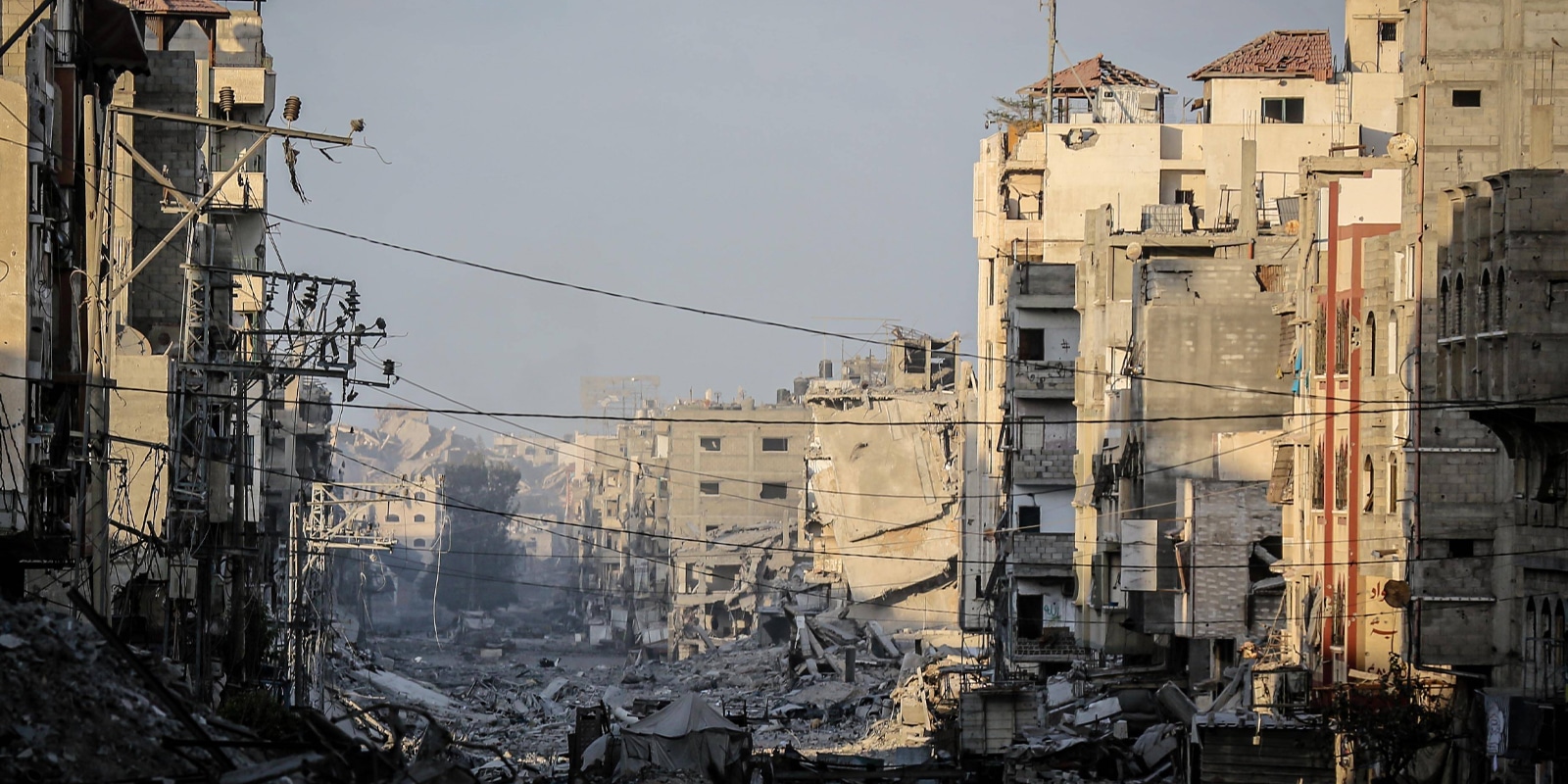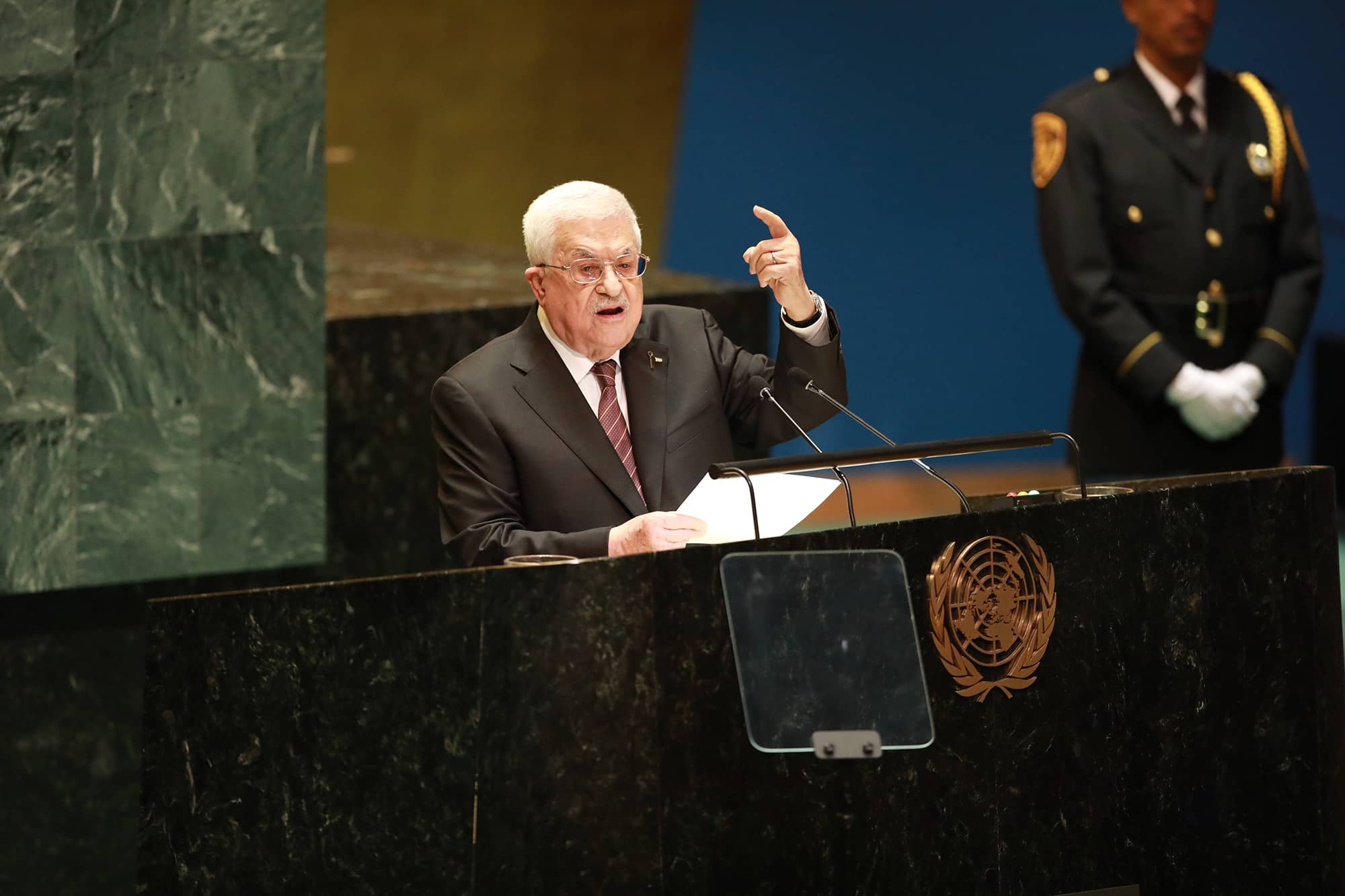Despite broad international consensus that Hamas must be removed from power in Gaza and disarmed, these goals cannot be achieved without military force. Conquering Gaza city —the movement’s final stronghold — is therefore essential both to remove Hamas and ensure that Israel is unequivocally perceived as the victor in the war that started on October 7, 2023.
After almost two years of fighting Hamas in Gaza, pushing Hezbollah back from Israel’s northern border and weakening it considerably, as well as destroying key Iranian nuclear installations, Israel still cannot claim victory. Voices expressing satisfaction with the results so far suffer from strategic myopia. The war against Hamas is not a boxing match decided on points. In Gaza, where the outcome will be decided, a knockout is required.
Historically, the losing side in a battle leaves the battlefield. The defeated force — Hamas —should leave Gaza. Ships evacuating what remains of Hamas’s terrorist army to another destination (Turkey, Algeria, or Qatar) would constitute an image of victory, emulating the July 1982 departure of 14,000 PLO terrorists from Lebanon to Tunisia. Without the eviction of Hamas, Israel will have lost the war.
So far, the balance sheet of the war from Hamas’s perspective is mixed. Hamas no longer poses an immediate threat to Israel and its citizens; it no longer has a presence along Israel’s border, and it cannot attack Israeli border communities. Israel has also destroyed its missile
production and launch capability and it has lost most of the territory it once controlled in Gaza. Some 15,000-20,000 Hamas operatives s have been killed and many thousands more wounded. Massive population displacement — largely into designated humanitarian zones —has been accompanied by widespread destruction as almost every other house in the Strip contained tunnel shafts or was used for military purposes.
Urban and subterranean warfare have prolonged the conflict. Interference by the Biden administration in the conduct of the war and boycotts were not helpful. Similarly, ceasefires to free hostages also extended the fighting.
The fact that the war is still ongoing has allowed Hamas to claim victory. The Muqawama — the resistance embodied by Hamas — has survived for almost two years against Israel, the strongest military power in the Middle East, and still holds parts of Gaza city. Hamas has won the propaganda war, successfully propagating the narrative that Israel is starving Gaza’s population and even committing genocide. It had many diplomatic successes triggering greater isolation of Israel in the international arena. Its greatest strategic success, however, was triggering a multi-front war against Israel — a historic objective of the Palestinian national movement.
At this point, Israel cannot claim victory. Moreover, it is running out of time. The world doesn’t like long wars, and it is not clear how long American support will remain firm.
Israel needs a determined, swift frontal attack to seize Gaza city, to preempt international intervention to halt the war and achieve victory Israel is all-too-familiar with what has been termed “the political clock” — the time available to attain military objectives before the clock runs down and international constraints force its hand. Yitzhak Rabin, as prime minister and defense minister, acknowledged ordering rapid military actions to secure objectives quickly despite the risk of higher Israeli casualties. A patient siege is not a realistic option for attaining a decisive result.
Victory is required on three levels: bilateral (vis-a-vis the Palestinians), regional (the Middle East), and global.
On October 7, Hamas did not initiate just another round of violence versus Israel, it intended to destroy the Jewish state by mobilizing the “ring of fire.” established by Iran. The commensurate response is a decisive defeat. Israel must demonstrate the will and determination to fight, take losses, and endure pain in this protracted war with the Palestinians.
In every war, there are two equations: who can inflict more pain and who can endure more pain. Israel clearly has the upper hand when it comes to inflicting pain, but the Palestinians have so far demonstrated great ability to endure pain, and victimhood has become part of their collective identity. Repeated defeats have not led to a change in the strong opposition to the very existence of the Jewish state. Moreover, they, like other enemies of Israel, believe that Israeli society is weak, and that Israel will crumble under the weight of sustained violent conflict. Perhaps the most well-known metaphor describing this perception is that of Israel as a spider’s web, easily brushed aside. Political rifts over judicial reform, as well as Israeli society’s obsession with the hostages seem to reinforce this image. Israel must dispel those beliefs by once again defeating those Palestinians who engage in violent actions against the Jews.
Victory —namely the expulsion of Hamas — is also critical for a transition to “the day after,” however that is defined. There can be no “day after” if Hamas continues to maintain a military presence in Gaza. No outside actor will assume responsibility for law and order while facing the threat of Hamas terrorism.
Victory is also needed to open Gaza to international media to prove that there was no genocide and no starvation. Journalists must see with their own eyes, that almost every house, has an entrance to a tunnel built by Hamas— a fact that justifies the magnitude of destruction in Gaza.
At the regional level, defeating Hamas is critical. Hamas, an offshoot of the Muslim Brotherhood organization, established an independent entity on Israel’s border. Gaza, historically a staging ground for invasions of the Land of Israel from the south, was a steppingstone for the destruction of Israel.
Defeating Hamas will also strengthen regional stability and shore up Israel’s peace treaties with all the Arab states that have signed agreements with it. Egypt, Jordan, the United Arab Emirates, Bahrain and Morocco all abhor Hamas, viewing the Muslim Brotherhood and its financial backer, Qatar, as a danger to their regimes and to regional stability.
Victory over Hamas would also rob Qatar of its role as mediator role and weaken its influence. Qatar’s media network, Al Jazeera, is a mouthpiece for the Muslim Brotherhood, aggressively spreading anti-Israeli and anti-Western propaganda.
A Hamas defeat would also constitute a setback for the rising Sunni radical axis. Israel has weakened the radical Shiite axis led by Iran, and Erdoğan’s Turkey seeks to fill the void. Turkey under Erdoğan is another incarnation of the Muslim Brotherhood. It has a powerful military with a presence across the Middle East, and backed by the financial prowess of Qatar, it has hegemonial ambitions fueled by Islamist and Neo-Ottoman impulses. A Sunni radical axis could prove even more dangerous than the Iranian Shiite crescent.
Victory over Hamas would also preempt the emergence of an “Islamic Lake” in the eastern Mediterranean. Hamas-ruled Gaza is a Mediterranean coastal enclave backed by Turkey, which already projects power across the Mediterranean with a military presence in states such as North Cyprus, Libya and Syria., and is increasing its involvement in Lebanon. Egypt too could become a part of an “Islamic Lake” if the Muslim Brotherhood, the strongest political force in the country, were to return to power.
Defeating Hamas is crucial also from a global perspective. An Israeli victory would discourage radical Muslims beyond the Middle East who support the Hamas agenda and would diminish their appeal. Radical Islamists cells are active in Europe, Australia, South and Southeast Asia, Latin and North America.
Radical Islamists — Sunni and Shiite alike — are modern-day barbarians committed to the destruction of the West, where local Islamist elements cooperate with the radical left. An Israeli victory in Gaza would deal a blow to the threat posed by the Red-Green alliance to Israel and Western civilization. The search for truth and commitment to a moral code rooted in Judeo-Christian values are an anathema to moral relativism and fanatic Islam.
An Israeli victory would also serve to boost conservatives and the nationalists across the free world, who view Israel as a Western bulwark. Ironically, this perception is shared by the Red-Green alliance and is one of the reasons it supports Hamas, a group with a totalitarian Islamist ideology.
Finally, history is written by the victors. Israel therefore has no choice, but to fight on, even if the price of victory is steep. The job started on October 7must be completed.
JISS Policy Papers are published through the generosity of the Greg Rosshandler Family.















The Kidnapping Threat: Preventing Israel’s Moral Commitment to Hostages from Becoming a Strategic Vulnerability